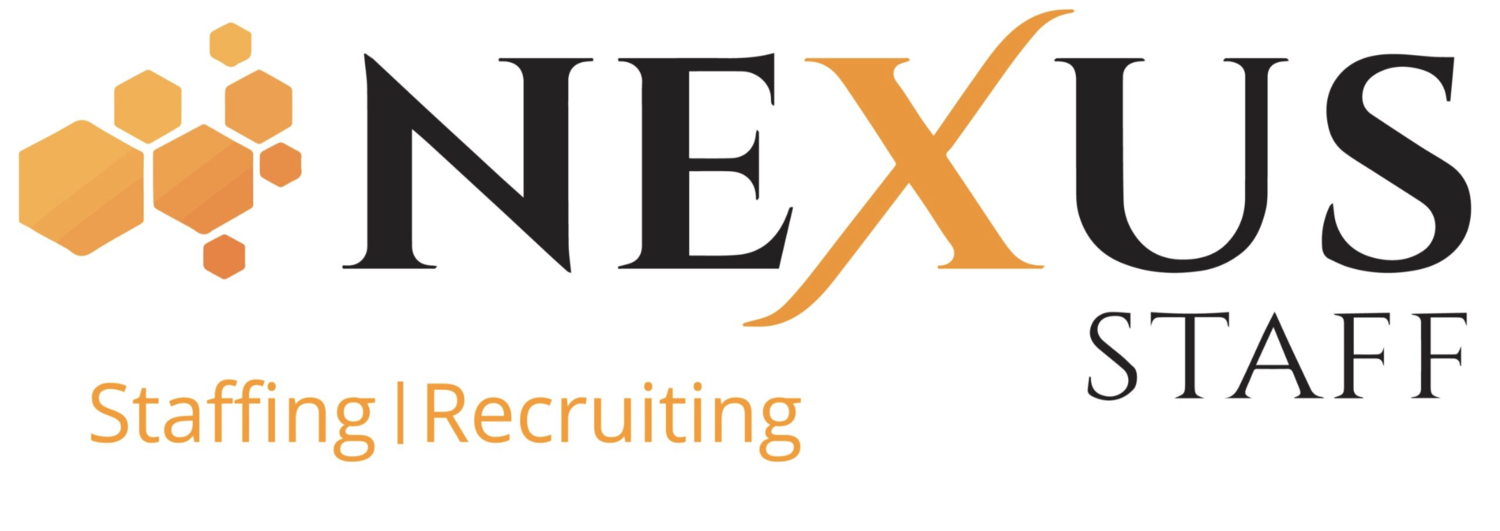How To Create A Successful Internship Program
While many people may think of internships as being designed for college students and recent graduates, internship programs can also cater to entry-level applicants, high school students, older professionals looking for a career change, and everything in between!
Regardless of the demographic makeup of an internship program, they all have one thing in common – internships help participants develop hands-on experience in a particular field and allow them to get an inside look at a potential job or organization, beyond what’s studied in a classroom or simply read online. In order to be successful, however, an internship program must meet certain state and federal requirements, thorough educational aspects, and more.
If implementing an internship program seems like the right move for your business, keep reading for a step-by-step guide.
Ask – How can your business benefit from an internship program?
Just as internship programs are developed to help interns learn and grow in their careers, interns can also have an impact on the organization they partner with. Before creating an internship program, it's important to understand these benefits:
First, if interns are studying a particular subject or have recently graduated with a degree in that subject, they are likely aware of current trends and new platforms or techniques being used in the field, allowing them to bring new ideas and fresh perspectives to the workforce that may have otherwise gone overlooked.
When organizations establish an internship program, current employees are also able to lessen their workload by passing some responsibilities off to interns. This allows established employees to focus on the areas that need it most while also giving interns an opportunity to learn as they work. As an added bonus, current employees can also be mentors to interns, giving employees a sense of purpose in the organization and strengthening work satisfaction, engagement, and culture.
Internship programs also allow companies to widen their candidate pool for future positions. Once an intern completes their internship, they might be considered for a full-time position, saving an organization time and money when it comes to recruiting new hires. In addition, when interns are chosen as full-time employees, they are likely to already be assimilated into the company’s culture and familiar with day-to-day practices, allowing them to be fully engaged from day one.
Establishing an internship program can also bring about positive relationships and networks for your organization. For example, when companies offer internships it can build trust with universities or colleges and encourage students or alumni to apply in the future – whether to internships or full-time positions, creating a positive representation for the organization and once again growing the candidate pool.
Establish an internship coordinator
Once you have decided an internship program is the right move for your company, you’ll need to appoint someone as the internship coordinator – whether this is an outside hire or an already established employee. This person will develop and oversee the internship program with responsibilities such as recruiting and hiring the interns, connecting interns with employee mentors, completing an orientation process, and being a liaison between interns, the company, mentors, etc.
Decide the work interns will do and how they will be compensated
Next, perhaps the most important part of creating an internship program is to decide what responsibilities interns will have. Remember – interns are there to learn and develop new skills relevant to their desired field or industry. This means interns are not there to simply fetch coffee or complete tedious tasks others don’t want to. A successful internship program will give interns real-world experience that will help them develop the necessary skills needed for their career. While interns won’t necessarily be making huge decisions on behalf of the company, there should be a level of trust in the work that they will do. This means when establishing their responsibilities, keep in mind there should be some room for freedom in their day-to-day tasks.
Once the responsibilities of an intern are established, you’ll need to also decide on the compensation for this role. For example, will the internship be a paid or unpaid position or will the intern be able to receive academic credit for the role? In order to make these decisions, your organization must comply with all laws within your state and those set by the U.S. Department of Labor.
Post internship positions and recruit the right interns
Putting together a compelling description for your internship program is similar to creating job descriptions for any other position in your company. This means you’ll want to include the specific responsibilities of the program, qualifications that potential interns must meet, and any insight on compensation. Because internship programs are designed to teach participants more about a specific field or industry, the job description should also put an emphasis on the learning opportunities that will be available in the program.
When it comes time to recruit and interview potential interns, think of it as hiring an employee for a long-term position, rather than just a short program. While interns will likely not have years of experience to show for themselves, they should have the appropriate attitude and soft skills needed to succeed. Keep this in mind while interviewing potential interns in order to ensure a completely unbiased process.
Establish internship mentors
With a proper mentor-mentee relationship, everyone wins. Workplace mentorships create positive experiences for both mentors and mentees. For interns, or the “mentees,” a mentorship can create a welcoming environment where they feel comfortable receiving advice or asking questions they may not feel comfortable discussing with upper management. For mentors, this can increase the sense of pride they have in their work, boosting their overall morale and productivity.
Orientation
Just as new employees are on-boarded after accepting a new position, interns will also need to be oriented with the company. For many interns, this may be their first experience in a work environment, meaning they may not yet understand the day-to-day structure of the company or their responsibilities. Therefore, they will need an official orientation to cover the logistics of their new internship position such as the appropriate dress code, a tour of the office, safety regulations, and of course a rundown of their responsibilities and duties. This will supply interns with the right environment to feel comfortable and ready to learn.
Conduct intro and exit interviews
An initial introduction interview with an intern can help establish what their individual goals are in the program and can be a deciding factor in placing them with a mentor or establishing their specific responsibilities. Perhaps one intern wants to learn more about a particular platform used at your company, while another wants to strengthen their customer service skills. Having a clear understanding of where their interests lie lets everyone involved be sure the program is moving in the right direction.
Once an intern has completed the program, an exit interview can help you receive feedback on current practices, where improvement is needed, and whether or not it was a beneficial experience for the intern.
Track and measure success
In order to successfully measure the success of your internship program, you will need to also establish program goals. Do you want to grow your candidate pool for future hires? Create lasting relationships with surrounding schools? Genuinely teach the next generation of business professionals? Whatever you ultimately decide is the goal of your internship program, be sure to establish methods for measuring this success. For example, the exit interview you conduct with interns can allow you to measure whether or not they met their personal goals in the position while keeping track of interns that go on to accept or apply to full-time positions can be used to measure organizational goals.
Keep in touch with interns
Once your interns’ time with your organization has ended, be sure to keep in touch. In the event that a position becomes available, you will already have potential candidates in your hiring pool, saving time and money on recruiting and hiring costs. In addition, these newly-established working professionals could also one day become future clients or vendors of yours, so having established relationships with them can help open new doors and bring new opportunities for your company.
Creating a successful internship program starts with an engaged and hard-working team ready to mentor the next generation. Still building your perfect team? Contact Nexus today to learn more about our personalized staffing services.







